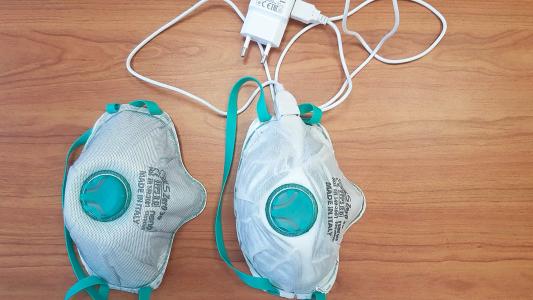The coronavirus crisis is unique. Addressing it will require new ideas, new perspectives, and new voices. That’s our mission at Freethink.
This week, we’re highlighting some of the most interesting perspectives and opinions about the fight against COVID-19.
Here are our must reads for this week.
1. Some Nursing Homes Escaped COVID-19 — Here’s What They Did Right
Nursing homes have been a hotbed of coronavirus infections — in some states, their residents account for more than half of all COVID-19 deaths. A few facilities, however, are managing to avoid the problems plaguing most — this WIRED article explains how they’re doing it.
2. AI Could Help Scientists Fact-Check COVID Claims Amid a Deluge of Research
In just a few short months, the scientific community has published a mountain of research on the coronavirus — some of it peer-reviewed, some not. A new AI-based tool, featured in MIT Technology Review, aims to help scientists cut through the noise to find the studies that could help further their research.
3. Japan Ends Its COVID-19 State of Emergency
Despite a relatively low testing rate and a lack of government-mandated lockdowns, Japan was able to end its state of emergency ahead of schedule this week. Science Magazine recently talked to health experts about how the nation’s unique response to the pandemic worked in its favor.
4. Retirees, Isolated by Virus, Become DJs for New Radio Hour
Social distancing restrictions have left many elderly people isolated from family and friends. To connect with loved ones, some are now serving as DJs for “Radio Recliner,” a new online radio hour recently highlighted by the Associated Press.
5. Scientific Networks Are Helping African Countries to Access Coronavirus Lab Supplies
Export restrictions and an inability to outbid wealthier nations has made it difficult for some African countries to get the supplies they need to battle the coronavirus. In response, Nature reports that the continent’s researchers have started leveraging their scientific networks for the supplies.
Did we leave something off this list? We want to hear about what you’re reading and any interesting ideas you’d like us to cover. Drop us a line at [email protected].






